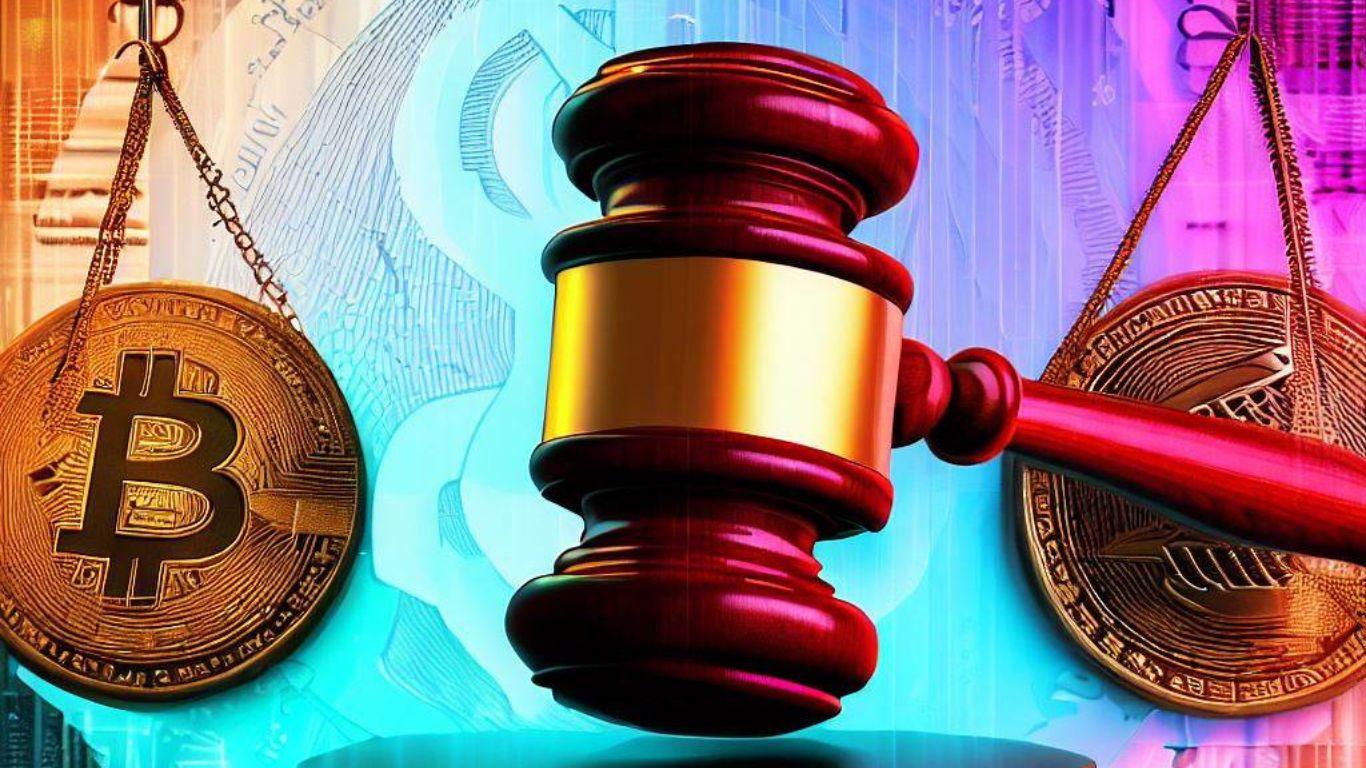
In a significant development for the cryptocurrency industry, the U.S. Securities and Exchange Commission (SEC) has recently filed lawsuits against major cryptocurrency exchanges, Coinbase and Binance. These legal actions have sent shockwaves through the industry and raised concerns among market participants and enthusiasts.
The SEC’s lawsuits against Coinbase and Binance stem from allegations of regulatory violations and improper trading practices. These legal battles have highlighted the increasing scrutiny that regulators are placing on cryptocurrency exchanges. The outcomes of these lawsuits have the potential to shape the regulatory landscape and set precedents for the industry as a whole.
The implications of these legal actions extend beyond the targeted exchanges. They serve as a wake-up call for the entire cryptocurrency industry, emphasizing the need for compliance and adherence to regulatory standards. As the industry continues to gain mainstream recognition, regulatory bodies worldwide are intensifying their efforts to protect investors and ensure market integrity.
While these lawsuits have caused concern among market participants, they have also shed light on the rise of decentralized finance (DeFi) trading volumes. DeFi platforms, which operate on blockchain technology and offer financial services without intermediaries, have experienced significant growth in recent years. They provide users with increased control over their assets and enable seamless peer-to-peer transactions.
The surge in DeFi trading volumes reflects a growing trend within the cryptocurrency industry. Market participants are increasingly turning to decentralized platforms to conduct their trading activities, seeking lower fees, enhanced privacy, and greater financial autonomy. The rise of DeFi represents a paradigm shift in the traditional financial system, challenging established institutions and fostering innovation.
However, it is crucial to note that the DeFi space is not without its risks. Smart contract vulnerabilities, liquidity concerns, and regulatory uncertainties are among the challenges faced by participants in the DeFi ecosystem. As the industry evolves, it is imperative for users to exercise caution, conduct thorough research, and be aware of the potential risks associated with participating in DeFi protocols.
The lawsuits against Coinbase and Binance allege various regulatory violations and improper trading practices, signaling a clear message that regulators are intensifying their efforts to protect investors and ensure market integrity. The outcomes of these lawsuits will not only impact the targeted exchanges but also set important precedents for the wider cryptocurrency industry.
While these legal battles have created unease within the industry, they have also shed light on the rising prominence of decentralized finance (DeFi) trading volumes. DeFi platforms, built on blockchain technology, provide users with the ability to engage in financial transactions without intermediaries, offering enhanced control over their assets and fostering financial autonomy.
The surge in DeFi trading volumes reflects a growing trend among market participants who are seeking lower fees, increased privacy, and greater accessibility. DeFi platforms have revolutionized the traditional financial system, challenging established institutions and opening up new avenues for financial innovation.
However, it is crucial to acknowledge that participating in the DeFi space carries its own set of risks. Smart contract vulnerabilities, liquidity challenges, and regulatory uncertainties pose significant challenges that users must navigate. As the industry evolves, it becomes imperative for participants to exercise caution, conduct thorough research, and understand the potential risks associated with engaging in DeFi protocols.
In light of the SEC’s lawsuits and the rise of DeFi, market participants should remain vigilant and stay informed about regulatory developments. Compliance with regulatory standards is paramount to foster trust and ensure the long-term viability of the cryptocurrency industry. Moreover, individuals should exercise caution when navigating the dynamic and evolving world of cryptocurrencies and decentralized finance, making well-informed decisions to protect their investments and interests.
In summary, the SEC’s lawsuits against Coinbase and Binance have highlighted the growing regulatory scrutiny faced by cryptocurrency exchanges. These legal actions serve as a reminder of the importance of compliance and adherence to regulatory standards. Concurrently, the surge in DeFi trading volumes showcases the industry’s shift towards decentralized platforms and greater financial autonomy. Market participants must stay informed, exercise caution, and navigate the cryptocurrency landscape with a balanced approach to mitigate risks and capitalize on emerging opportunities.


Get the latest Crypto & Blockchain News in your inbox.